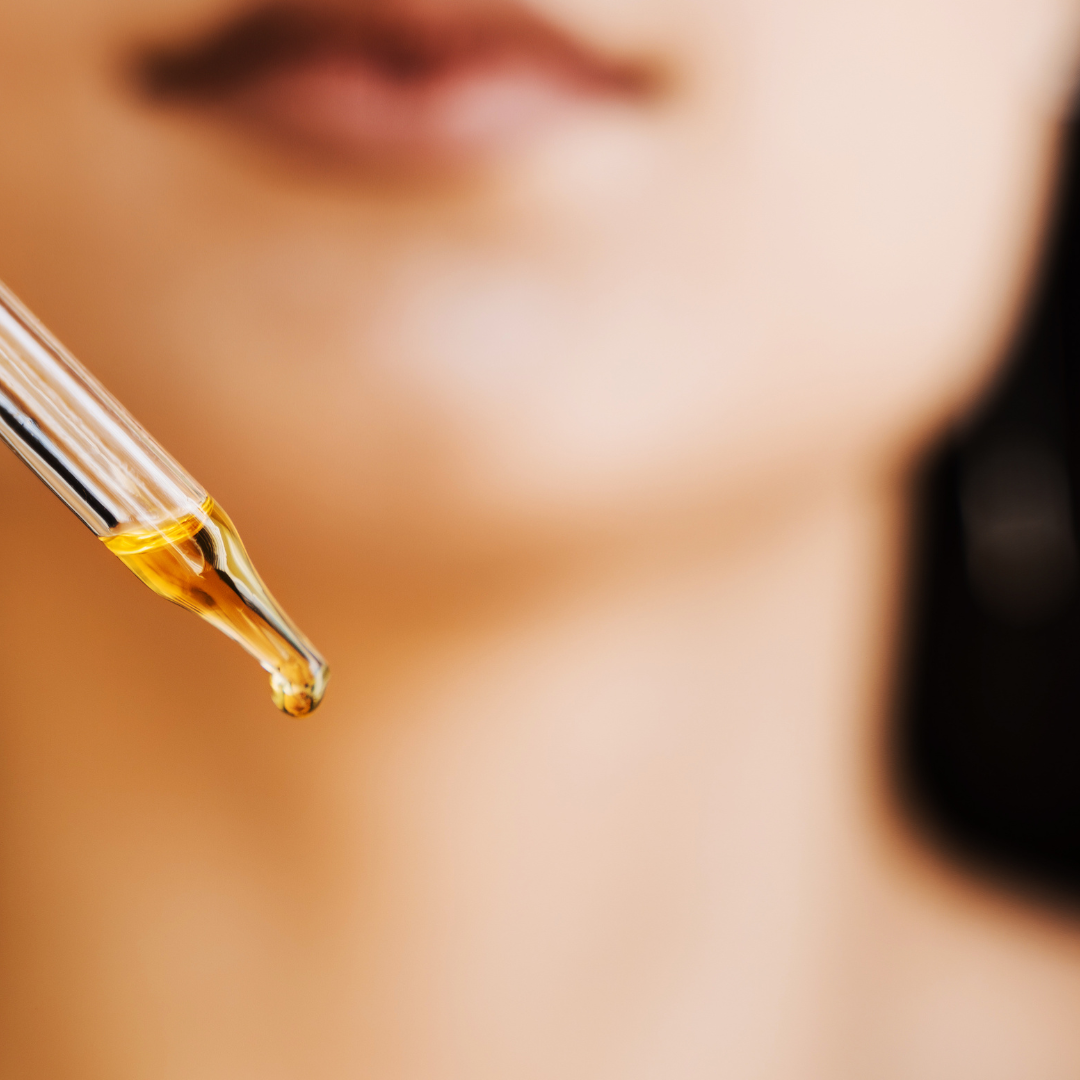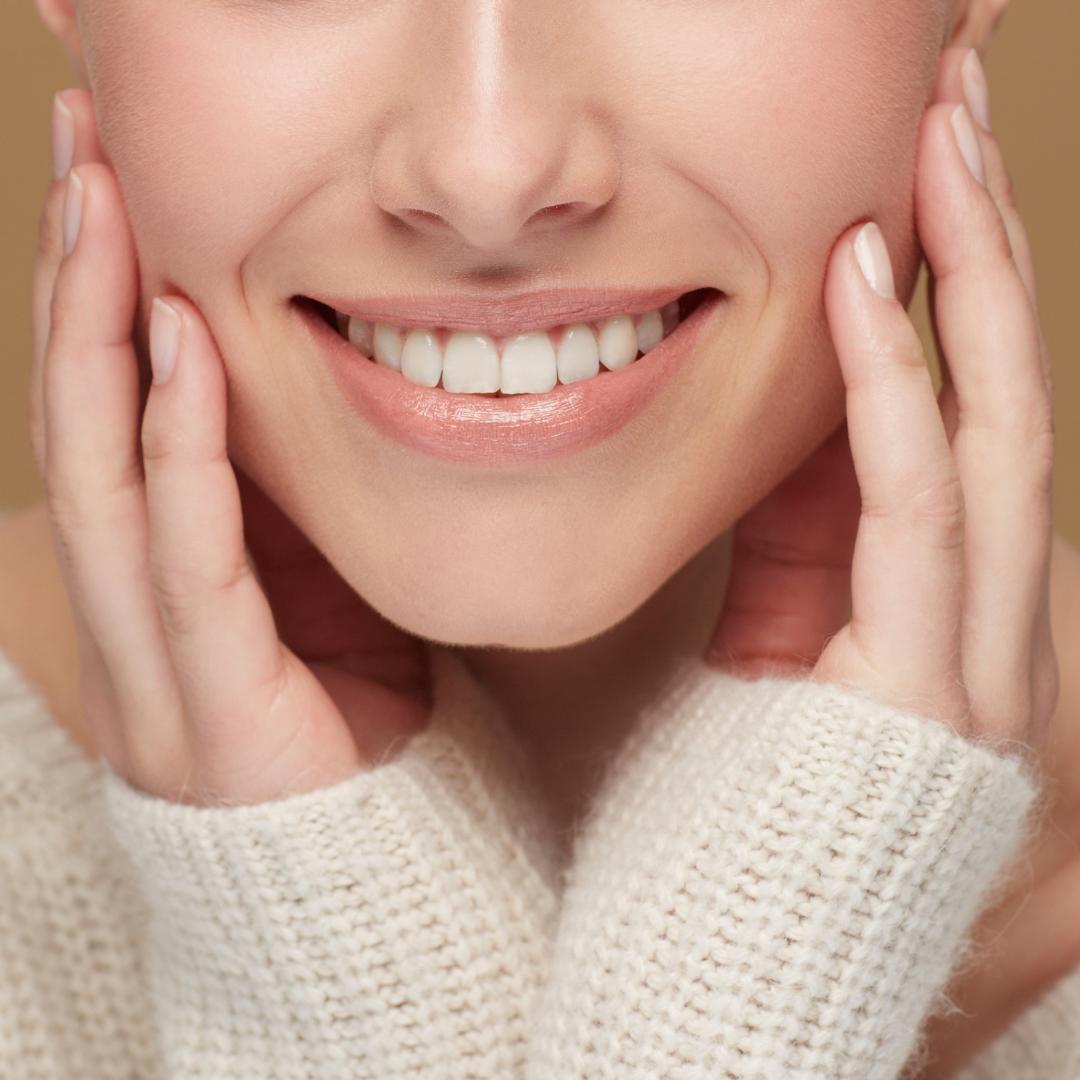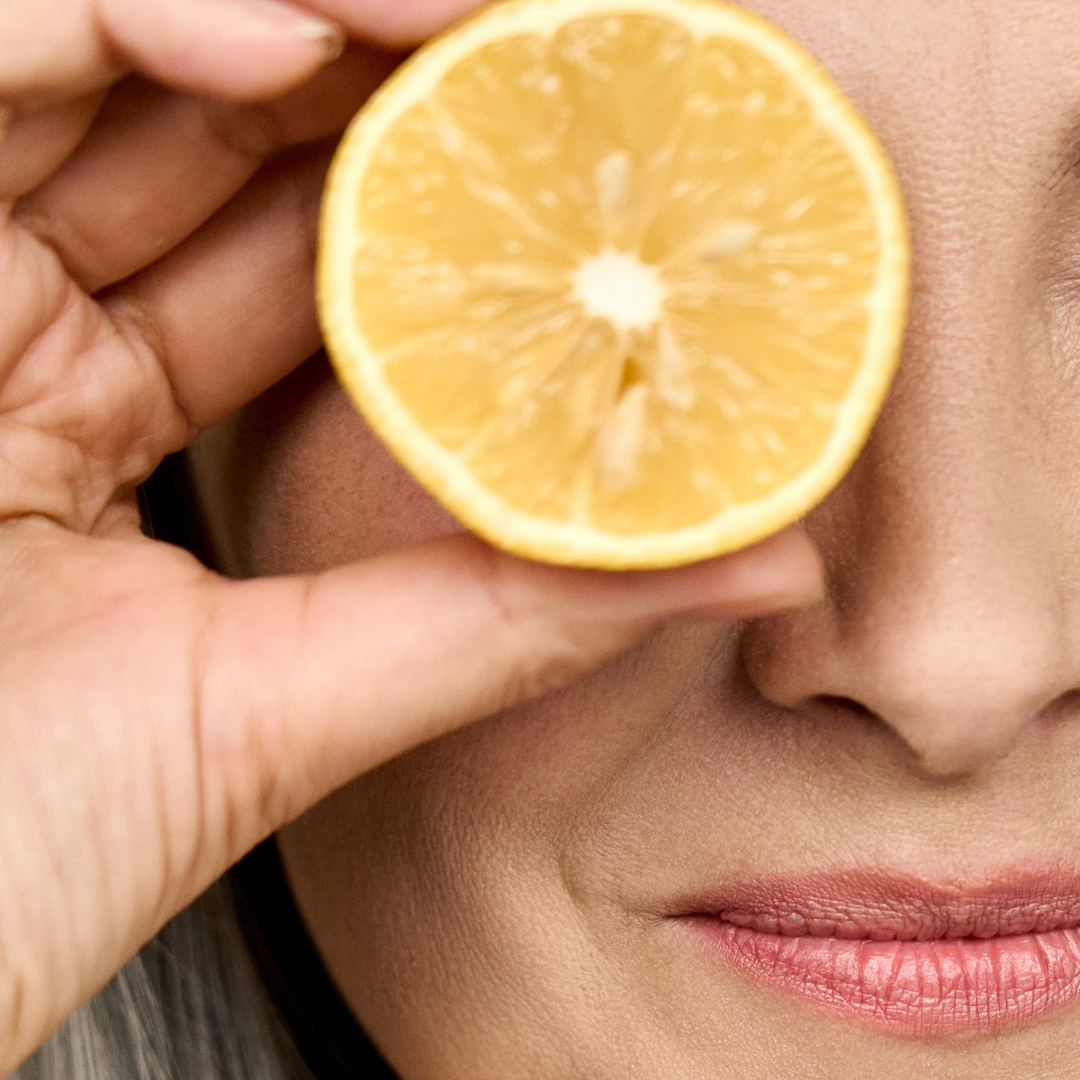It's tight, itches and sometimes it's red: dry skin. Many people suffer from dry skin. This leads to painful and annoying itching. The largest human organ is a delicate organ that requires care. Strong midday sun, an unbalanced diet with a lot of sugar and little fruit, alcohol and cigarettes leave their mark on the skin. Sometimes dry areas of the body are also a side effect of illness. What causes the skin to become dehydrated and tight? What treatment options are there for the symptoms?
Causes of dry skin
Dry skin is when the skin lacks moisture or sebum and the skin is dehydrated. It is also known as desiccated skin or xerosis cutis. It occurs when the sebaceous glands produce too little fat. As a result, the body's own lipid replenishment is no longer guaranteed and the skin slowly dehydrates. The causes of dehydration are varied. In most cases there is not just one underlying cause, but several factors play a role. Even healthy people can be affected. Dry skin can be hereditary, caused by fluctuations in the hormonal balance, but can also arise from natural skin aging. Being underweight or significantly overweight, constant stress and diabetes can also cause the skin to dry out. The external factors that have a negative effect on the skin's fluid content include UV radiation, high air temperatures, toxic substances, fungi and bacteria, as well as degreasing soaps, washing lotions and shower gels. Especially when it comes to care, it is important to pay attention to products that support the skin's natural pH value. People who frequently swim or bathe, use perfumes, or take certain medications can also suffer from skin dehydration. A poor diet, such as lots of sweets and fast food, can also cause the skin to dry out. If you take in few vitamins, i.e. eat little fruit and vegetables, you will quickly notice that your skin is deteriorating. Areas of the body that have few sebaceous glands and are therefore less well supplied with blood than other parts of the body are particularly susceptible. These are, for example, the lower legs in the shin area or the elbows. In winter, the warm air from heating combined with low humidity and cold air causes many areas of skin to become dehydrated. Even healthy people often suffer from dry skin and chapped hands and lips in winter. As people get older, sebum production decreases a little more each year. In old age, the epidermis (cap) binds significantly less fluid and the sweat glands produce less sweat. This leads to increased drying out of the skin. This is also facilitated by the fact that seniors forget to drink and have a disturbed fluid balance.
When diseases are the cause of dry skin
Illnesses can also be the cause of dry skin, for example neurodermatitis and so-called psoriasis. Both are very well-known skin diseases that must be treated by a doctor. People with diabetes mellitus, hypothyroidism or intestinal diseases often complain of similar problems, as do people with eczema, gastritis or celiac disease (gluten intolerance) and various food allergies. It is important to have the disease diagnosed by a doctor. If you know the reason for your main problems, you can find suitable therapies more easily or even have the causes of the skin problems completely eliminated.
Dry skin symptoms
Dry skin areas are not a cosmetic problem, because the largest human organ has an important protective function for us. It protects the body against pathogens and UV radiation, regulates body temperature and controls the water balance in our body. When dried out, the skin is more susceptible to bacteria and other pathogens. In addition, the itching can lead to pain. In the worst case scenario, a dry house leads to infections and long-term illnesses. Dry skin becomes visible when it becomes slightly cracked, brittle, rough and flaky. In some people it is also red. If you gently rub your fingers over the affected areas, you can feel the change. The skin tension decreases in these parts of the body and the skin is rough and brittle. If the skin is very dry, it becomes tense, reddish and causes annoying itching. This can cause eczema.
Treatment options for dry skin
If the skin is too dry, it urgently needs moisture, for example with aloe vera. However, the cause must first be clarified. If there is an underlying illness, it must be cured and treated by a doctor. Unfortunately, a cure is not always possible, for example in the case of neurodermatitis. But with proper care, a healthy diet, enough fluids and appropriate treatment, the symptoms can be greatly reduced or even eliminated. Moisturizing and moisture-binding creams, lotions, ointments and bath additives can significantly relieve symptoms. Fatty, water-free creams with aloe vera, vitamins A and E are particularly suitable. Sometimes such creams are prescribed directly by your family doctor. Ideally, creams should not contain perfumes or preservatives so that the skin can regenerate and avoid allergic reactions or further itching. The skin should only be cleansed with mild products that do not contain alcohol. After bathing or showering, the skin should not be rubbed wildly. It is better to pat your body dry with a soft towel. If the skin is very dry, it is better not to bathe in hot water and not to take a shower that is too hot.





